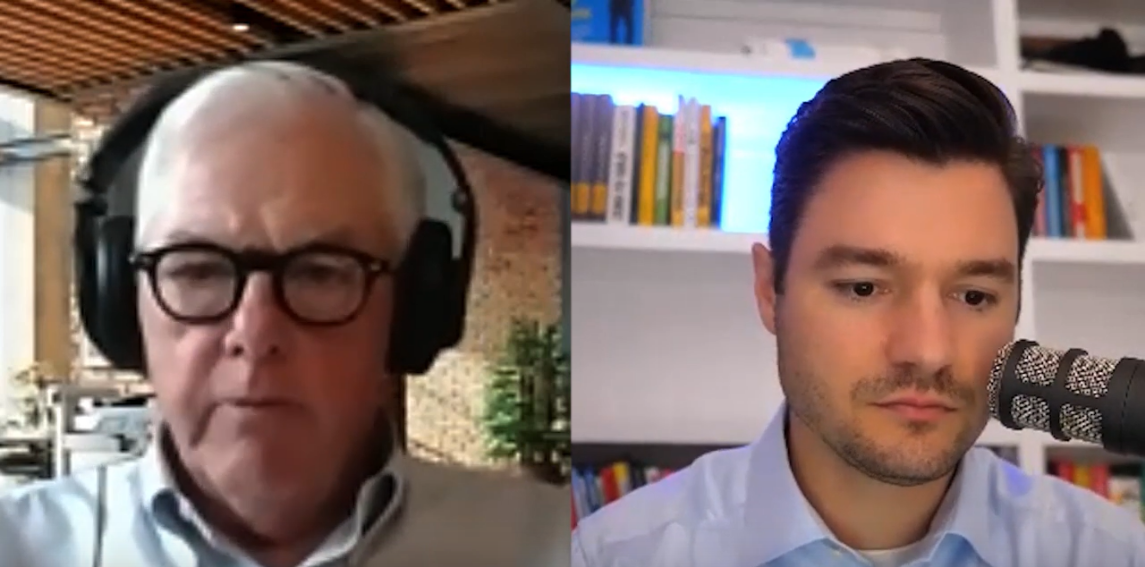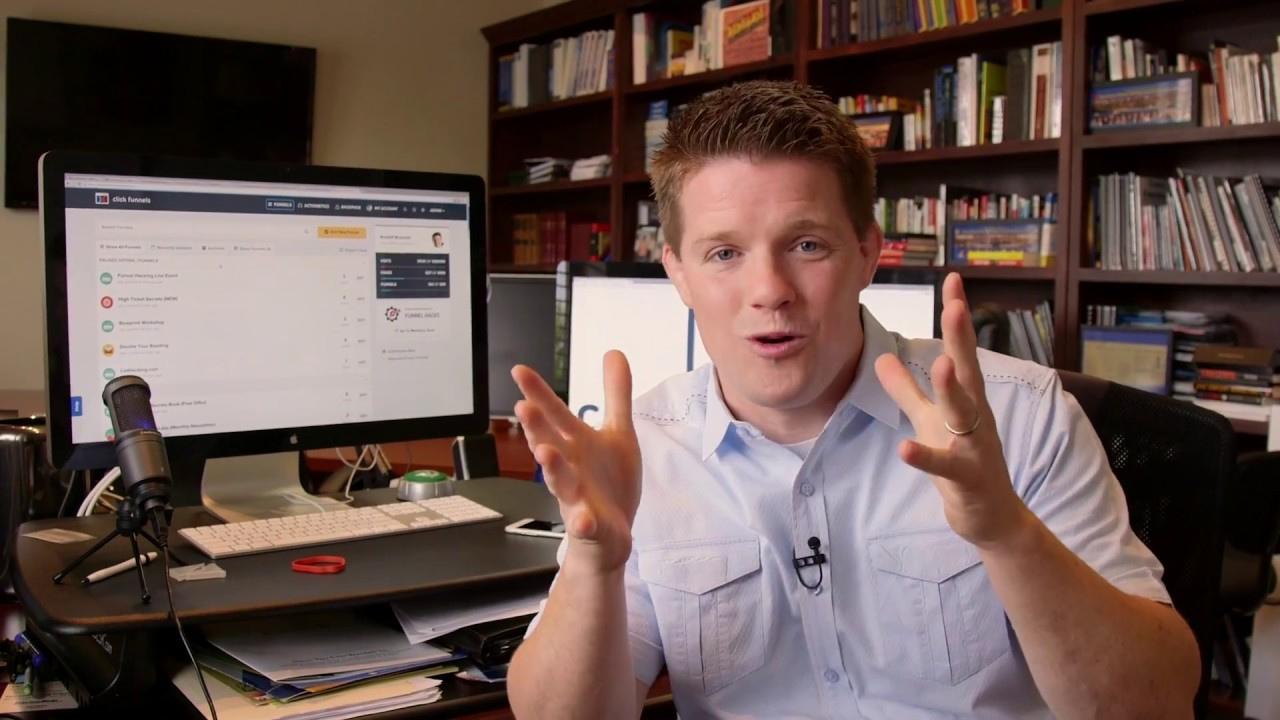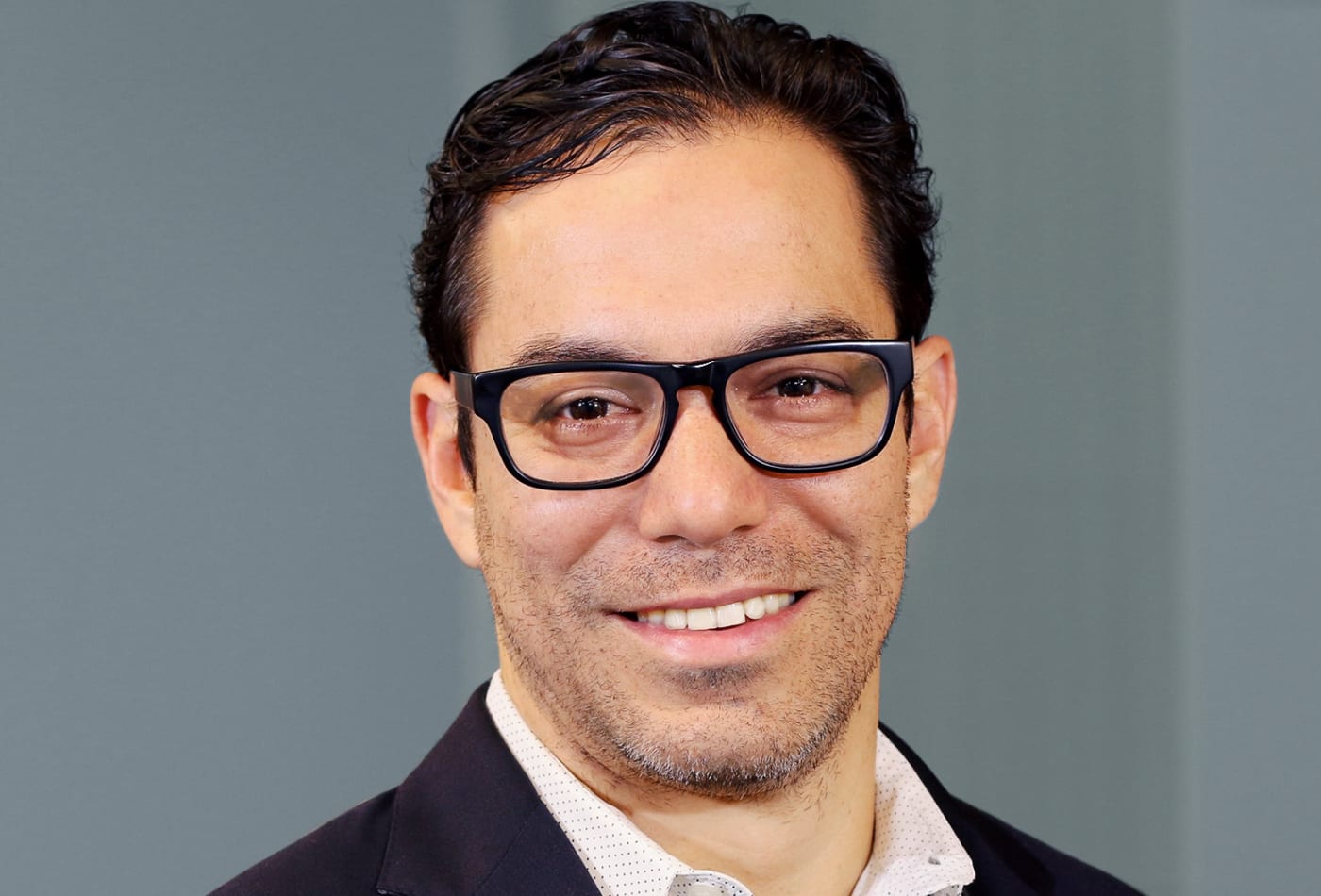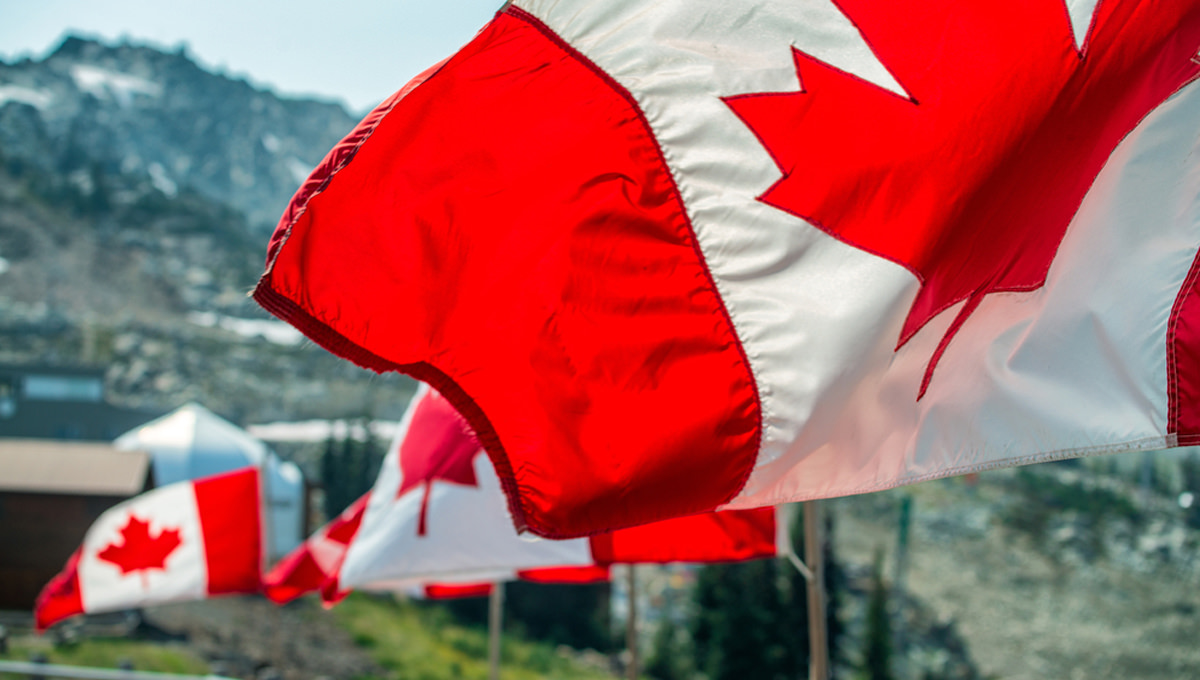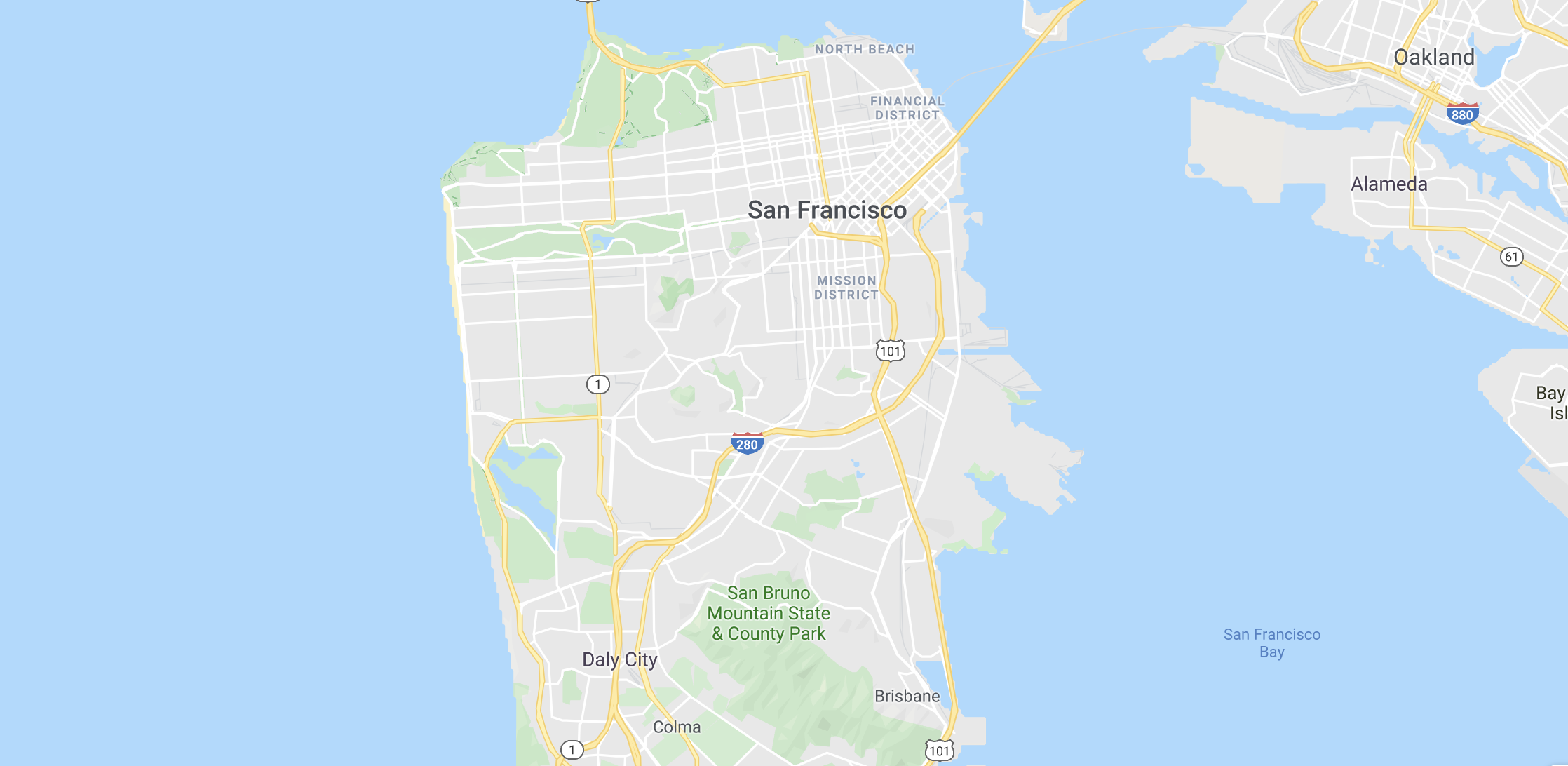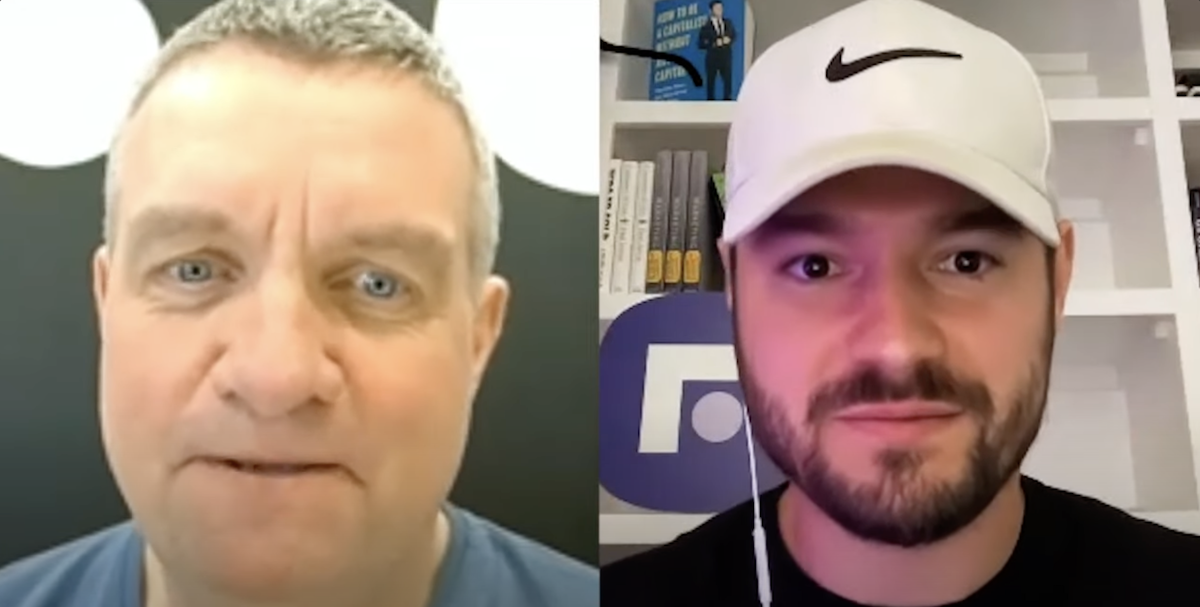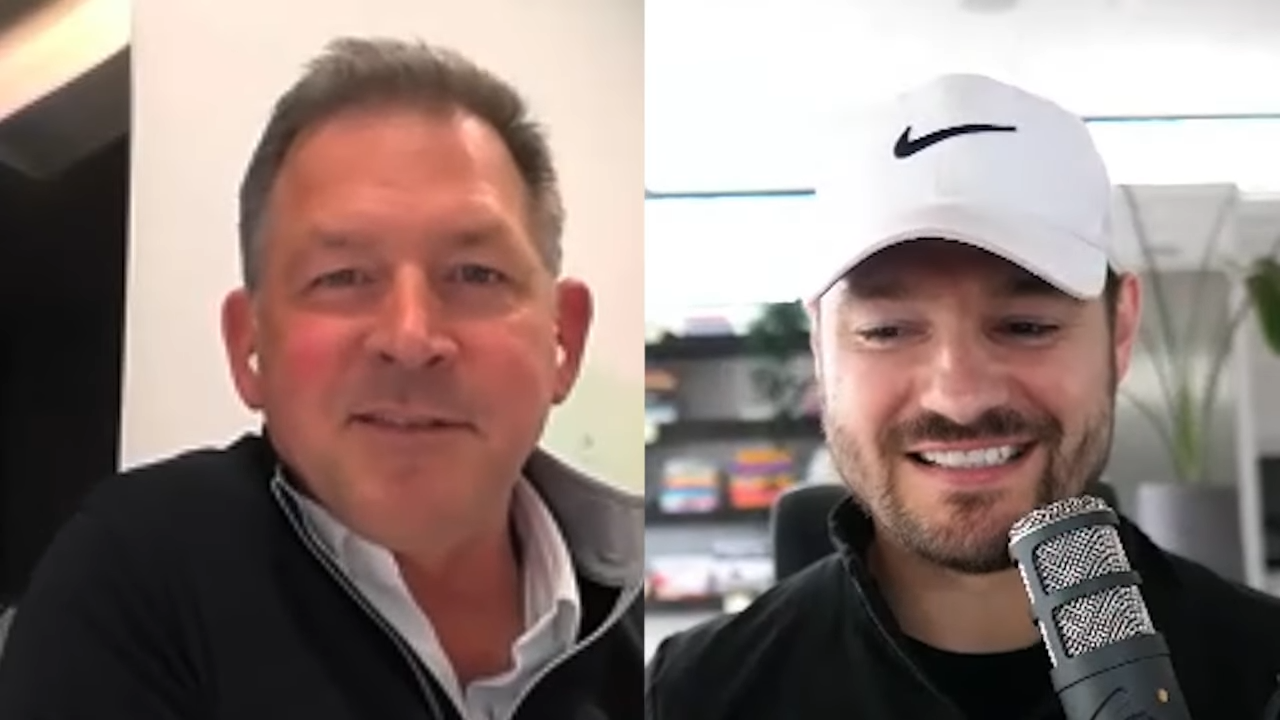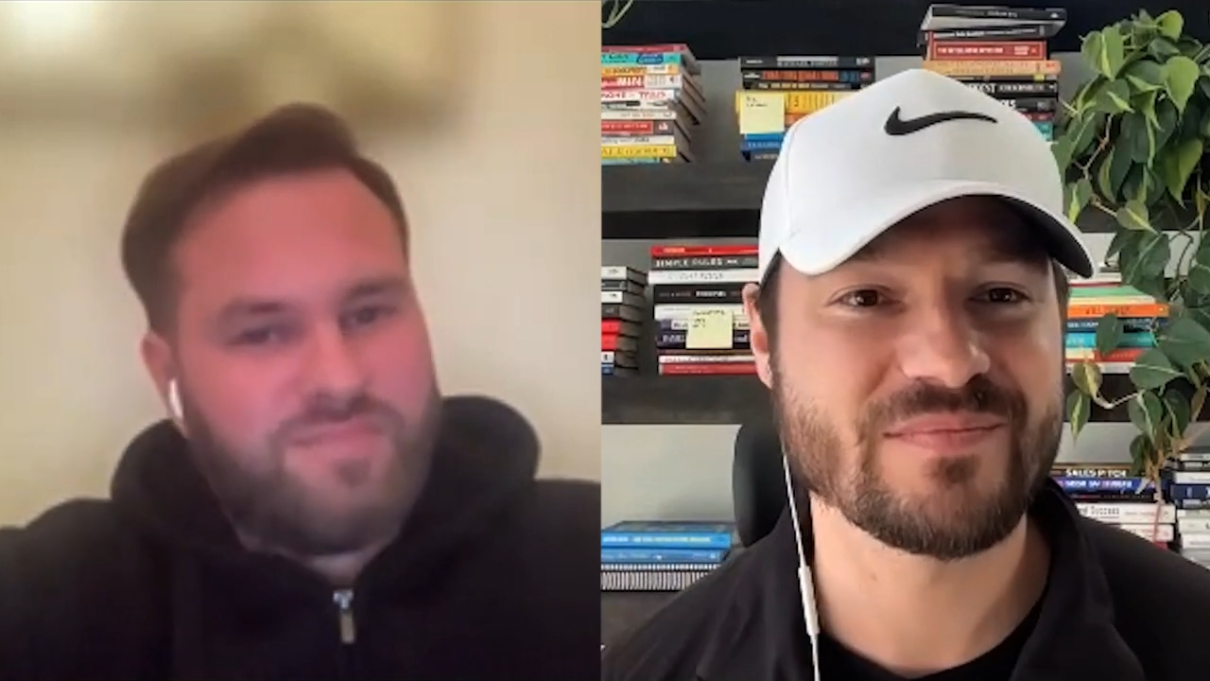What happens when a young travel company runs headfirst into a global pandemic? Ask Abel Zhao, CEO and Co-Founder of FreeD Group. Instead of folding, the cutting-edge travel and lifestyle SaaS leader pivoted his SaaS to fill an emerging marketplace need. He used his years of experience in travel, hospitality, and technology to create a two-way platform in 2020.
Zhao’s new product, JoinHarmonyCVM.com, helps product producers expand distribution through major partners like telcos, airlines, and airports. When COVID restrictions made it impossible for local farmers to bring products to market in stores and restaurants in Seoul, the government embraced Zhao’s system to get SMEs into distribution channels, and his new venture skyrocketed.
In this interview, the CEO shared how his multi-pronged revenue streams drive growth, what surprising lesson he learned about charging for platform access, and where acquisitions fit into his growth plan.
- Team of 250, with 175 engineers
- 100m ARR
- 70 customers
- Founded in 2016
COVID creates opportunity for FreeD Group to pivot in 2020
Zhao’s travel SaaS hit a massive obstacle with COVID. The savvy CEO didn’t panic. Instead, he saw an opportunity to pivot. “Before the pandemic, farmers in Seoul would drive their products to market to sell to supermarkets, stores, and restaurants. Due to COVID restrictions, that stopped. The government sought different ways to help them,” he explained. Zhao developed an end-to-end system to help those SMEs get into and manage distribution channels, which became the company’s new framework.
SaaS delivers three revenue streams, $100m ARR
According to Zhao, his company is a “typical SaaS using a different approach.” The multi-merchant, multi-channel platform connecting product owners to distributors charges a subscription fee for access from buyers and sellers, a transaction fee delivering GMV, and a one-time fee to enterprise users for platform customization. This trifecta is helping the company grow to an expected $100m ARR in 2023.
FreeD Group commissions to product owners vary by market and product, from 2% to 20%
Another piece of Zhao’s financial equation is the commissions for product owners. Although the average take rate is 10%, the amount varies wildly, depending on the market and the product: “In China, it’s a low 2%; The Middle East and Europe can be as high as 15-20%,” revealed the CEO.
Monthly SaaS fees range from $100 to $100,000 per month
Equally varied are the SaaS fees that buyers and sellers pay to access the platform. Zhao explained that smaller product producers might pay as little as $100-$1000 per month for access, while enterprise customers like telcos, airlines, airports, and municipalities pay $100,000+ per month. The Co-founder revealed that his biggest customer is a smart city project in Korea, paying $7m for a single project.
SaaS fees split 65/35 for large to small companies
Zhao confirmed that in 2022, the revenue split for SaaS fees between large enterprises and small businesses was 65/35 in favor of the large enterprises. The CEO added that for enterprise clients, 80% of the fees are SaaS, and the balance is a one-time platform customization fee. Zhao shared that China Mobile and Samsung were their first customers, adding, “It took a lot of effort to get them, but it was worth it,” the CEO confided.
$20m in revenue from GMV last quarter
When asked how much GMV he’s processing, Zhao shared that they ran $20m in GMV last quarter. He added that they did a total of $70m GMV last year, keeping 10% of the total. The CEO clarified that they profit share GMV fees with partners, but the 10% is left after payouts.
70 customers today paying SaaS fees
Given the flow of revenue from other sources, Latka queried Zhao as to why he didn’t provide free access to the platform like many other SaaS models. The Co-founder shared his intriguing insights: “When creating a SaaS fee, it creates stickiness and loyalty. We found that not charging for the SaaS actually lowers stickiness and loyalty. Users treat the platform as more valuable and take it more seriously when you charge something. If you don’t charge, you lower the engagement rate.”
FreeD Group revenue grows from $2m as travel SaaS to $35m in 2022, eyeing $100m in 2023
As Latka asked the CEO to describe the revenue growth, Zhao outlined their results: “In 2020, before we switched to a B2B2C model, we were doing under $2m in revenue. We hit $14m in 2021, $35m in 2022, and will hit $100m this year.” The co-founder added that in 2022, $15m of that total was ARR versus $20m in one-time fees.

Valuing one-time fees vs. SaaS
Latka queried Zhao on whether or not he was concerned about bringing in one-time fees instead of recurring revenue. The CEO chuckled, indicating, “Investors care, but to us, it doesn’t matter if we get the fee now or over three years; we have recurring GMV coming in separately anyway.” He reiterated that the SaaS is wholly bootstrapped, noting that “it’s a painful experience.”
Strategic acquisitions to drive GMV
Finally, Zhao revealed that the SaaS has recently made a pair of strategic acquisitions. The CEO described the first as “A travel company with $300m GMV, taking 10-15% in 2019.” He explained, “We are trying to convert them to a travel tech company.” The second acquisition is a similar business in Korea. “These two alliances will help us achieve the $100m this year, with at least 50% ARR,” proclaimed Zhao. He added that he’s hoping to IPO in 2024 with a valuation of at least $250m.
Famous 5
Favorite Book: CEO and Co-founder Abel Zhao identified Zero to One by Peter Thiel as his favorite business book.
CEO he’s following: Although Abel doesn’t follow a particular CEO, he cited CEO Excellence by Carolyn Dewar as a book he regularly refers to and tries to “learn from that every day.”
Favorite online tool: Abel didn’t share a specific favorite for building Harmony.
Balance: When asked if he was married with kids, 40-year-old Abel laughed and commented, “I wish,” then described himself “as free as a bird.” He gets a short 5 hours of sleep per night.
What does he wish he had known at 20? Abel lamented, “I wish I could have started something earlier back then. Instead, I was just goofing around.”


